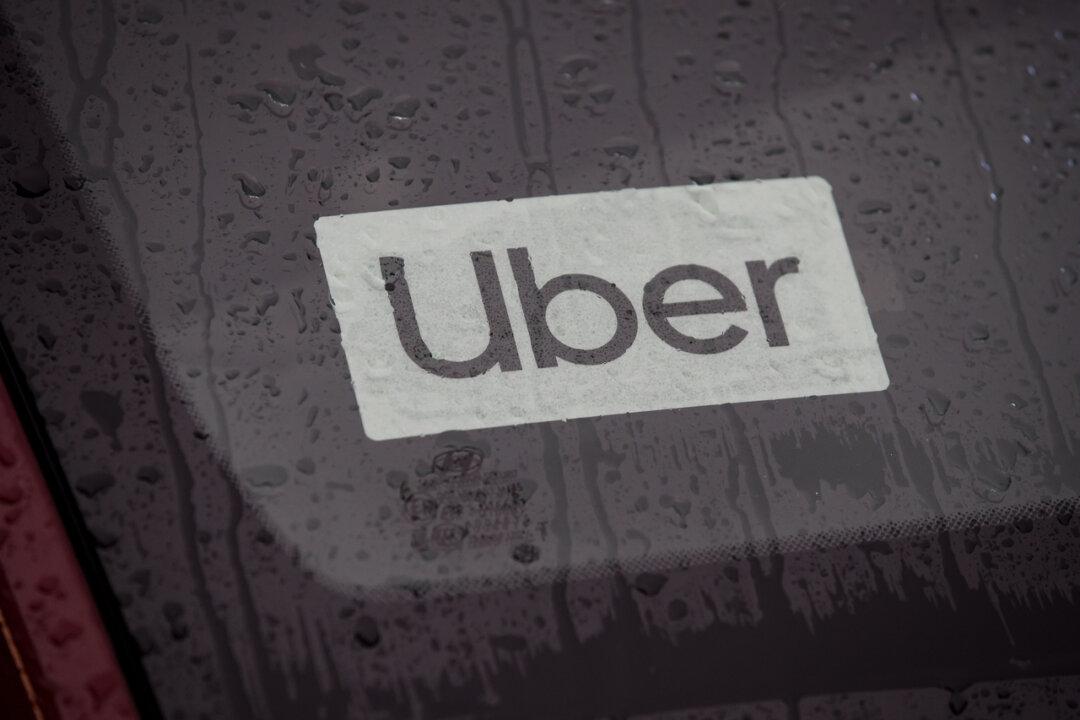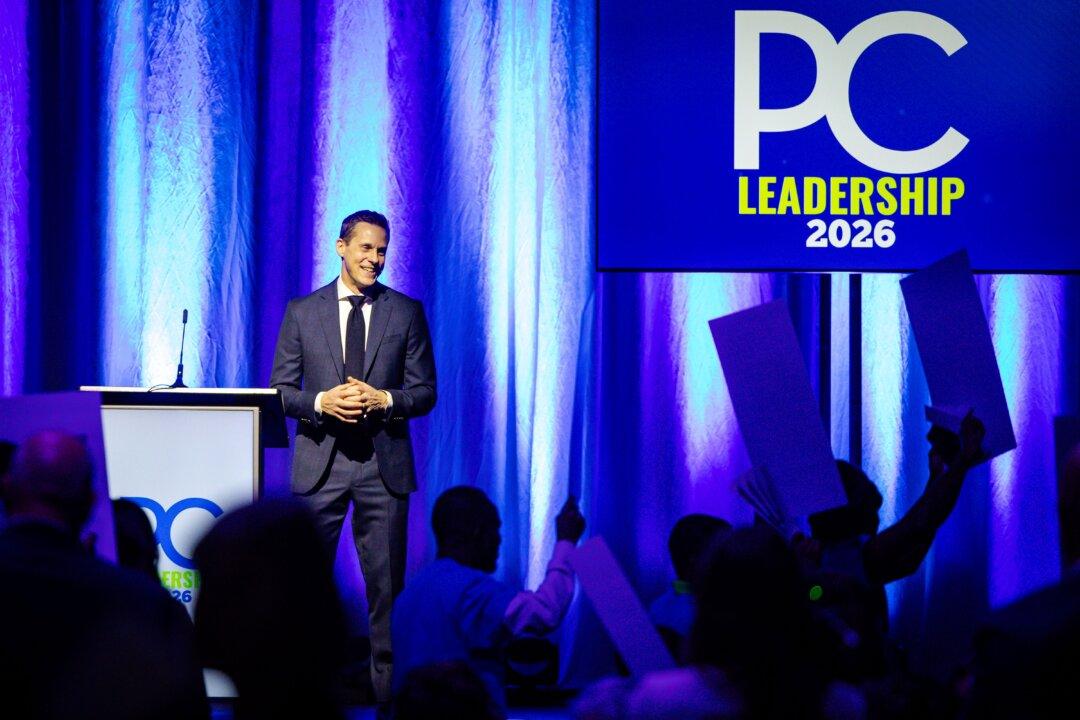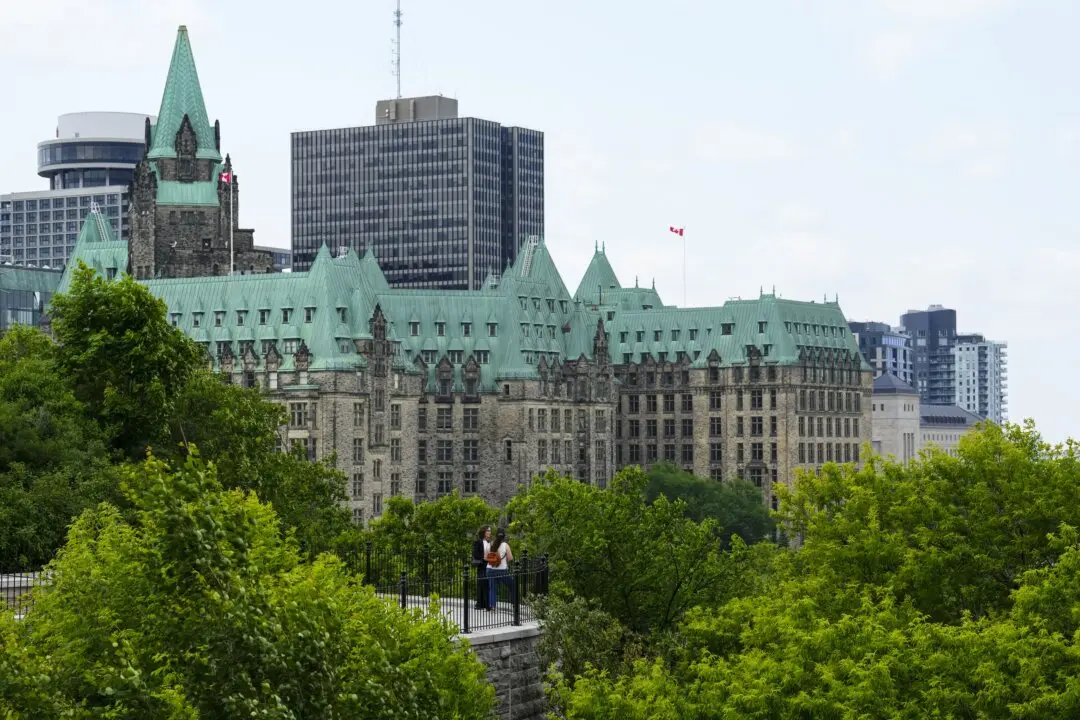Uber Canada is making some changes to its app to allow drivers to see pick-up and drop-off locations and estimated fares before accepting a trip. The change increases transparency for drivers, but riders seeking shorter trips may find it harder to get a lift.
The change is part of a labour agreement announced by Uber on Jan. 26. As part of the agreement, Uber will also start identifying customers who have falsely reported incidents or have rated drivers poorly over issues that are not under their control, such as mechanical problems.





